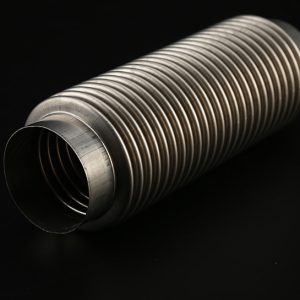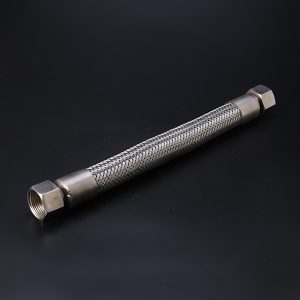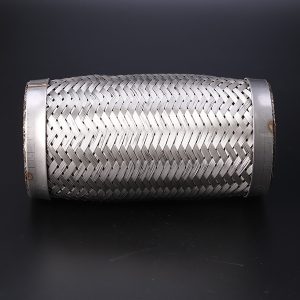


When it comes to the performance of your vehicle, every part matters. One part that often gets overlooked is the flexible exhaust pipe, also known as the flex pipe. This component is designed to absorb vibrations and movement between the engine and the exhaust system, but can it affect acceleration?
The short answer is yes, damaged or worn hoses can negatively affect acceleration. A cracked or leaking hose can cause reduced back pressure, which can lead to loss of power and slower acceleration. This is because exhaust gases cannot flow efficiently out of the engine, resulting in reduced engine power.
In addition, a damaged flex pipe can also cause a decrease in fuel efficiency. When the engine is not able to expel exhaust gases properly, it can cause an imbalance in the air-to-fuel ratio, leading to increased fuel consumption. This can be especially noticeable during acceleration, as the engine is working harder to produce power.
It’s important to note that flexible tubing in good condition should not have a significant effect on acceleration. However, if you notice any signs of damage, such as cracks, leaks, or excessive movement, it’s best to have it inspected and, if necessary, replaced. Ignoring a damaged hose can cause further damage to the exhaust system and reduce overall performance.
In my view, a flexible exhaust or flexible pipe can affect acceleration if damaged or worn. Damaged or leaking hoses can cause reduced back pressure, which can lead to loss of power and slower acceleration. It also leads to lower fuel efficiency. It is important to check the hoses regularly and replace them if necessary to ensure the optimum performance of your vehicle.

